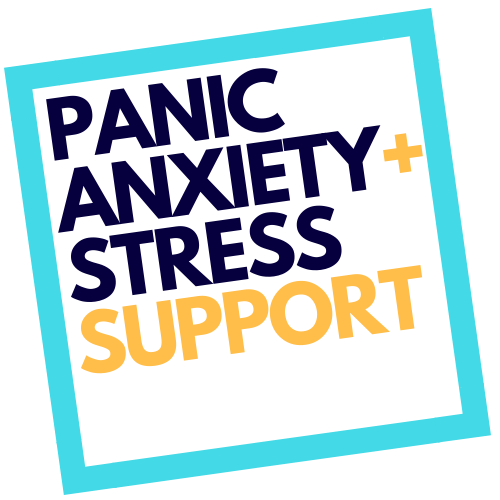Easing anxiety related to ecological changes
When I moved into what I call my home, I was 5 years old. It was an apartment on the 15th floor of a housing estate and my room overlooked a beautiful expansive forest of sorts, and you could spend hours staring at the trees that swayed in the wind every day. If you do happen to look out of my window today, you’ll see four different buildings and a skyscraper; all where the trees used to be.
Ecological Grief (Eco-Grief)
Eco-grief, although not pathologically designated as a specific condition, is defined as the psychological response to loss caused by environmental destruction or climate change. As Ashlee Consolo, Director of the Labrador Institute of Memorial University, very accurately describes it: ‘this is a slow and cumulative grief without end.’ In today’s fast-paced world, as we keep playing catch up with the constant changes around us it is evident that somewhere along the way we, as a species, have forgotten that we are dependent on nature for our survival and maybe you’ve heard it many times, but there really is no planet B.
I’ve never really understood the phrase ‘ignorance is bliss’ but the more I come across news, books and reports about climate or ecological changes, the more anxious and helpless it makes me feel thereby making me wonder if it was a bad idea to educate myself regarding these topics in the first place. However, looking away from the problem does not make it go away and even if I choose to avoid the news, the effects of global warming are very evident all around. It often creates a sense of fear, helplessness which is hard to vocalize since everyone’s perception of the problem is very different.
“While the world is restless amidst the pandemic, it is hard to comprehend how to return to ‘normal’ when ‘normal’ is a crisis.”
The impact of climate change on our physical world has been made clear and manifest to anyone paying attention: rising sea levels and increasing temperatures have begotten wildfires, drought, tsunamis and heat waves, which have wrought unprecedented devastation. The effects these have on mental health is often overlooked or ignored altogether but evidence suggests ecological changes are linked with a number of natural responses, the most common being depression and anxiety. As thousands of people take to the streets protesting against government policies, organising climate strikes and voicing out their disapproval of using fossil fuels as the main source of energy and other unsustainable practices, one thing is clear: people care. This makes them increasingly susceptible to climate grief as the question of major environmental shifts transitions from an ‘if’ to a ‘when’.
Eco-grief exists in a wide range of emotions which can widely be categorized as: acute (direct experience of ecological loss), cumulative (grief built from daily stress as landscape around you changes), vicarious (seeing others suffer from ecological loss), anticipatory (fear over anticipated future losses). It is acceptable to find yourself anywhere on the spectrum and feel confused about your feelings. For some people it is major life changes like discarding all plastic art supplies in the house and a stop on ordering any takeout, while for others it is a sense of guilt when they buy a plastic bottle from the supermarket.
While the world is restless amidst the pandemic, it is hard to comprehend how to return to ‘normal’ when ‘normal’ is a crisis. Although the call for climate action is on the rise, there is a deficit in the amount of mental health resources available to cater to eco-grief and that is the exact problem PASS Inc. attempts to solve. With community collaboration, I helped PASS created eco-grief PASS cards, a go-to in times of distress during my co-op placement. These are a great way to organise your scattered thoughts, understand the source of your grief and they also suggest ways to cope with it in a healthy manner.

